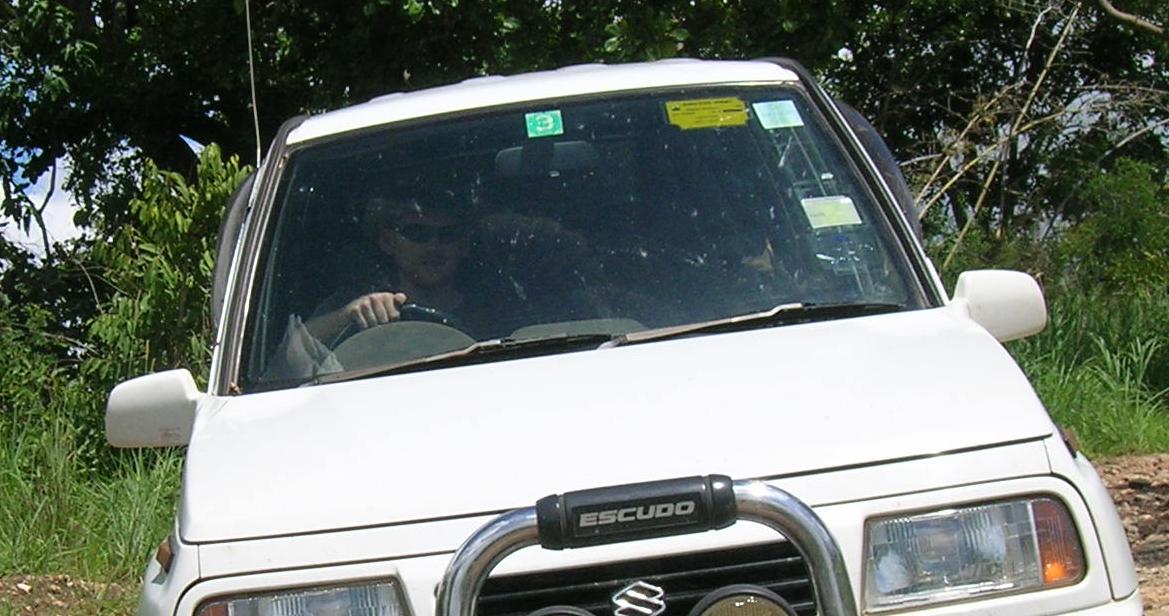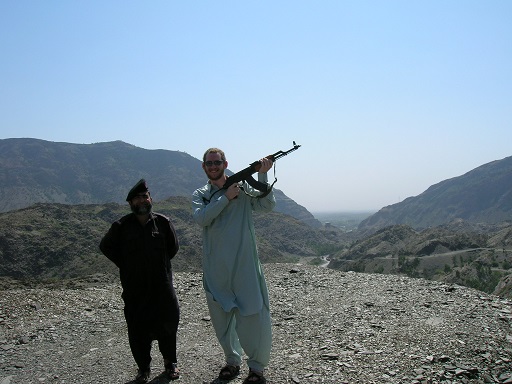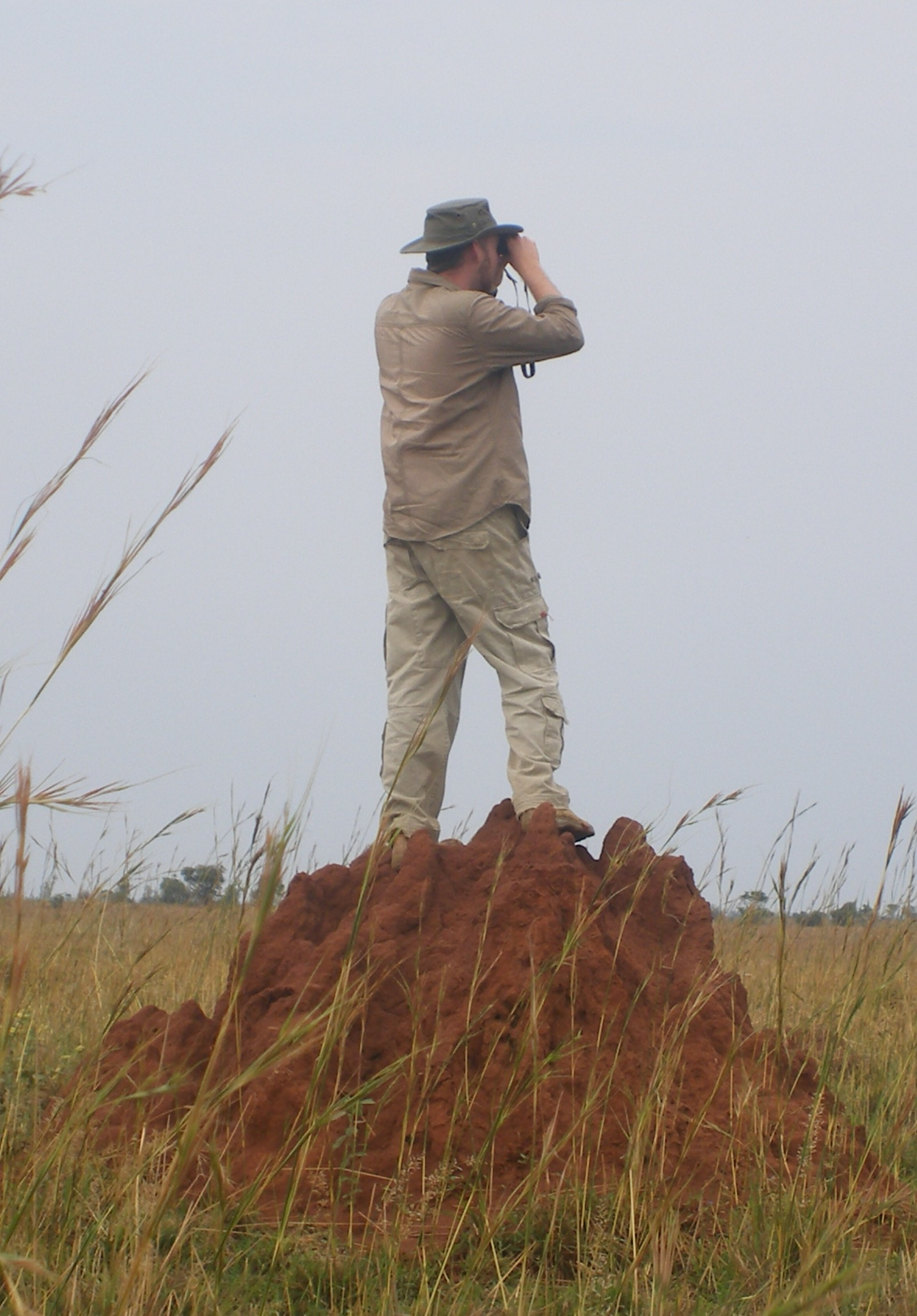How to Live in a War Zone
Living in a war zone can be tough. Over the years I’ve been to and lived in some pretty challenging places and environments. Whatever doesn’t kill you makes you stronger, right?
But living in some parts of the world can be difficult. The stress of possible unrest – both political and religious – can grate and wear you down.
I’ve lived in a part of the world classed as war zone by the UK Foreign Office. It wasn’t all that difficult – I actually enjoyed it. But how can you live on the frontiers of law and order? And how can you plan if the worst should happen?
Learn the Language
If you live in an area where your native tongue isn’t spoken widely, you’re going to have problems if there are, well, problems. Learning a language takes time and discipline. And a good teacher.
You will need someone who speaks and reads good English and can read and write in their own tongue. You will also need someone who can commit to teaching you once or twice a week for up to two hours at a time.
I don’t recommend language learning for more than this – your brain will be fried.
A local teacher or businessman is perfect. Make sure you pay them properly – their much more likely to turn up if you pay them a good salary. Be culturally sensitive. Don’t hire a female tutor if that’s going to be seen as scandalous by locals.
I hired a local businessman who taught me things that I’d need to know for life. One lesson we focused entirely on going to the butcher. I caused jaws to drop when I turned up at the market armed with my new words.
We also spent time reading the Bible in the local dialect – a great way to learn new words and phrases.
It’s important to consolidate what you have learned. Look for opportunities to try out your new words and phrases. I used to go to the market place or the butcher and try out my words. Or I would greet local people on the road.
Children will readily talk to you. They are less likely to switch to English when you get bogged down too.
Even if you make a mess of it and people laugh, who cares? This is a vital skill and you’re not going to learn it being self-conscious.
Think about what you would need to say if you have to implement your escape plan (see below).
Important phrases are:
- ‘Where is the toilet?’ (especially in tropical countries)
- ‘How do you say this?’
- ‘How much will it cost?’
- ‘I am going to..’
If you Live in a War Zone You Need to Have an Escape Plan
Escape plans aren’t just for when nappies need changed or the in-laws come to visit. If you live somewhere ‘exciting’, you will need to have a plan if the worst happens.

(You should try to stay away from roads if you need to escape. These will be heavily patrolled or road-blocked.)
I lived in a border region and took time to come up with an escape plan that would cover every eventuality. I knew that trouble could occur in one of three scenarios so I identified safe places that I would need to get to in an emergency.
My head office had a copy of my plan so they knew where I would be headed. I would make contact with them when safe.
One scenario was to reach a nearby UN base. My plan was to travel on foot, avoiding roads until I crossed the border and reached the nearby town. I would then hire a motorcycle taxi to take me to the UN which was only a few kilometers away.
If you need to escape in a hurry, you’ll need equipment. I had a ‘grab bag’ ready at all times. This was a light rucksack packed with:
- A fully charged satellite phone (mobile phone networks are vulnerable during conflict)
- A large quantity of cash – US Dollars
- Some food and bottled water
- A photocopy of my passport
- Water purification tablets
- A copy of my escape plan
- My passport itself
I was good to go at less than a minutes notice.
Think carefully about carrying weapons. If you’re caught, you’ll likely be treated as a combatant. Don’t carry a weapon unless you intend on using it.
Keep your fitness levels up. You might need to run, jump, climb or dig. Have suitable clothing ready. A long sleeve shirt, wide brimmed hat and combats along with desert boots are a must in warmer climates.
If you’re somewhere colder, you’ll need warm clothing and high energy foods. A small stove or cooking system allows you to make hot drinks.
Gather Intelligence: Keep Talking to the Locals
In a conflict or war zone, local people know what’s up. They’ve lived their their whole lives and so they know when trouble is coming or if it’s a false alarm. Look at how they are reacting. If they seem calm that’s a good sign.
If they are agitated or all disappear suddenly, that’s a problem.
Whenever I heard of trouble – bandit raids or the highway or minor border disputes – I spoke to local people to gauge the severity of the situation. If they laughed the incident off as minor, I felt a lot better.
This underlines the point of learning a language. You’ll pick up much better intelligence if you can sit with local men in a cafe or a bar and understand their chat. If they’re talking about the football scores, you’re probably fine.
One night I woke to gunfire. I looked outside my house and everyone was sleeping. I found out later that a border guard at the nearby post had set fire to his hut. It had gone up in smoke along with a small quantity of ammunition.
Knowing that other people weren’t panicked or bothered by the noise was immensely reassuring.
Enjoy Yourself
I thought about calling this post ‘How to Survive in a War Zone’ but then I thought: Who wants to survive when you can LIVE? Life shouldn’t be caught up in worry and stress, even in the most challenging of places.
I lived happily in this place for almost a year. I was only close to an ‘amber’ alert once and nothing materialised. In the meantime I had a blast. I met lots of wonderful people, ate a lot of great food and read a lot of books. It’s also where I started writing.
P.S. Do you have any adventure stories of your own? Post them below or send me an email
Enjoyed this? Check out my other posts on travel and adventure:



this is really interesting! Follow my blog, im sure you’ll like it. x
Hi Ashley, thanks for your comment. I’ll check out your blog right now. Neil